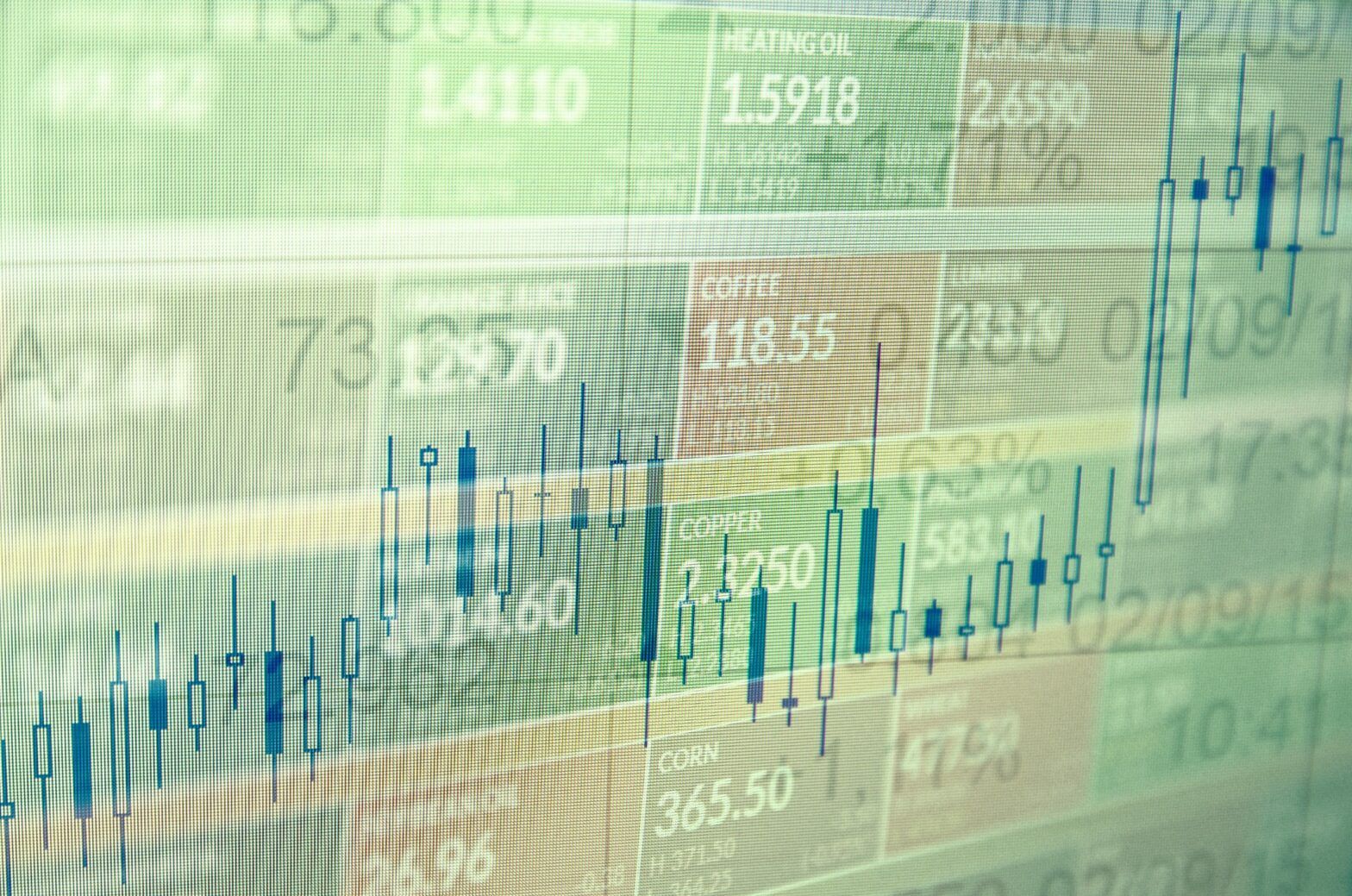The coronavirus pandemic has prompted a “rethink” in global markets which has brought a focus on ESG to the forefront, according to a report from Federated Hermes entitled The sustainability of sustainability: green finance during the pandemic
In the report, Mitch Reznick, head of research and sustainable fixed income, international at Federated Hermes, examined the growth of the green finance sector during 2020 so far, and found that there has been notable growth in all areas – fund launches, equity inflows and bond issuance.
“The coronavirus pandemic has resulted in a paradigm shift for responsible investment strategies – many of which outperformed during the crisis,” Reznick said.
“Up until the sell-off in March, responsible portfolios were often used as a risk-mitigation tool: investors incorporated ESG factors with the view that it would help them avoid companies that destroy shareholder value.
“But the pandemic has ushered in a heightened sense of social awareness. Policy makers, companies – and indeed society as a whole – now realise there is a need to build resilience in healthcare, food and water security, as well as across supply chains. Moreover, the crisis has also put climate change and workers’ rights under the spotlight.”
Long-term trend
The report looks at a number of indicators as proof that ESG investing is not just an “ephemeral phenomenon” but rather a “long-term secular trend”.
This includes the number of sustainable fund launches, which has gone up despite the volatility experienced in markets during the first quarter. The first three months of 2020 saw 100 sustainable fund launches, according to Morningstar, up from 80 during the same period in 2019.
ESG funds have also bucked the trend on flows, with inflows into active equity ESG funds increasing by 90% year-on-year in Q1, even as equity funds overall has suffered outflows. This was particularly evident in the US, where sustainable strategies gathered $10.5bn in Q1.
Reznick said: “To put this into perspective, total net flows in 2019 were $21.5bn – which was already four times the previous calendar-year record. We expect this stratospheric growth to continue.”
Meanwhile, although the number of green bonds issued has declined year-on-year, “this was more than offset by so-called social and pandemic bond issuance”.
“We see this as an important step in the development of mature, sustainable credit markets,” said Reznick.
“It shows that there is a keen source of demand for a plethora of sustainability-linked bonds – particularly during periods when they can help to solve an urgent problem.”
Prepare and protect
Reznick has also pointed to actions taken by companies and governments during the first half of the year as proof that climate change and a move to a greener economy are firmly on investors’ minds and regulatory agendas.
This includes Barclays announcing its ambition to become net-zero by 2050; a coalition of German companies pushing for the government to link coronavirus aid to action on climate change; as well as a range of new regulatory initiatives across the globe.
Overall, Reznick called this steady rise in green capital market activity despite difficult conditions “nothing short of astonishing”, but noted further growth is essential.
“The exogenous shock of the virus has prompted a rethink – and a realisation that there is an urgent need to prepare and protect against future global threats,” he said.
“During these turbulent times, a focus on good ESG behaviours is more important than ever and can help highlight the changes that we need to make to create a more equitable, sustainable society.”








